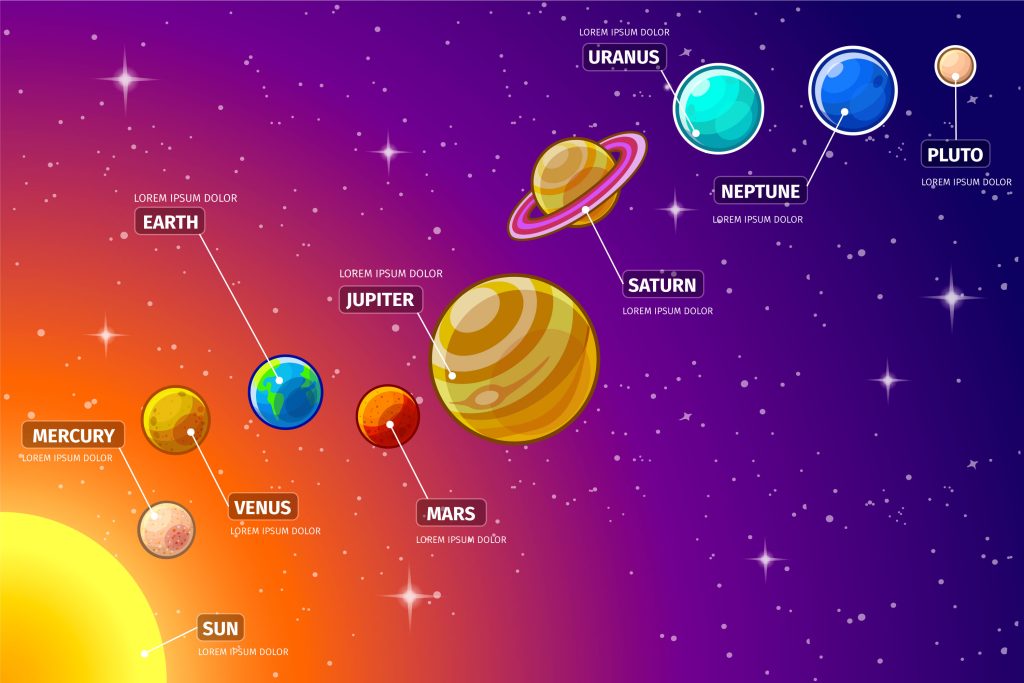
In a world increasingly focused on sustainability and renewable resources, solar energy stands out as a shining example of harnessing the power of the sun to generate clean electricity. Solar panels, also known as photovoltaic (PV) panels, are at the forefront of this revolution, converting sunlight into usable energy. In this article, we demystify solar panels and explore how they work, their benefits, and their role in shaping a greener future.
How Solar Panels Work: Capturing Sunlight to Generate Electricity
Solar panels work on the principle of the photovoltaic effect. Within each solar cell, made of semiconductor material (usually silicon), photons from sunlight knock electrons loose from atoms, generating an electric current. The current is then collected and channeled through the solar panel to produce electricity.
The Role of Inverters: From DC to AC Power
The electricity generated by solar panels is in the form of direct current (DC). However, most homes and businesses use alternating current (AC) for their electrical appliances and devices. Inverters play a crucial role in converting the DC power from solar panels into AC power compatible with the electrical grid.
Grid-Connected vs. Off-Grid Systems: Tapping into the Sun
Solar energy systems can be either grid-connected or off-grid. Grid-connected systems allow excess electricity produced by solar panels to be fed back into the electrical grid, earning credits or compensation from the utility company. Off-grid systems, on the other hand, operate independently and store excess energy in batteries for use during periods of low sunlight.
Environmental Benefits: Harnessing Clean Energy
Solar panels offer numerous environmental benefits. They produce electricity without emitting greenhouse gases or other harmful pollutants, making them a clean and sustainable energy source. By reducing reliance on fossil fuels, solar energy helps combat climate change and air pollution.
Financial Savings: Reducing Energy Bills
Installing solar panels can lead to significant financial savings over time. While the initial investment may seem substantial, solar panels typically have a long lifespan and require minimal maintenance. As electricity costs rise, solar panel owners can enjoy reduced energy bills or even generate revenue by selling excess electricity back to the grid.
Supporting Energy Independence: A Decentralized Future
Solar energy promotes energy independence and resilience. By generating electricity on-site, homes and businesses can become less reliant on centralized power grids, reducing the risk of blackouts and increasing energy security.
Overcoming Challenges: Storage and Efficiency
While solar energy has made remarkable strides, challenges remain. One significant challenge is energy storage. Developing efficient and cost-effective energy storage solutions is essential for optimizing the use of solar power during periods of limited sunlight. Additionally, researchers continue to work on improving solar panel efficiency to capture more sunlight and generate more electricity from a smaller surface area.
The Bright Future of Solar Energy
Solar panels are revolutionizing the way we generate and consume electricity. As the world turns towards cleaner and more sustainable energy sources, solar power takes center stage in shaping a brighter and greener future. With technological advancements and increasing affordability, solar energy is becoming more accessible to individuals, businesses, and communities worldwide. By embracing solar power and investing in renewable energy solutions, we can create a cleaner, more resilient, and sustainable world for generations to come.


